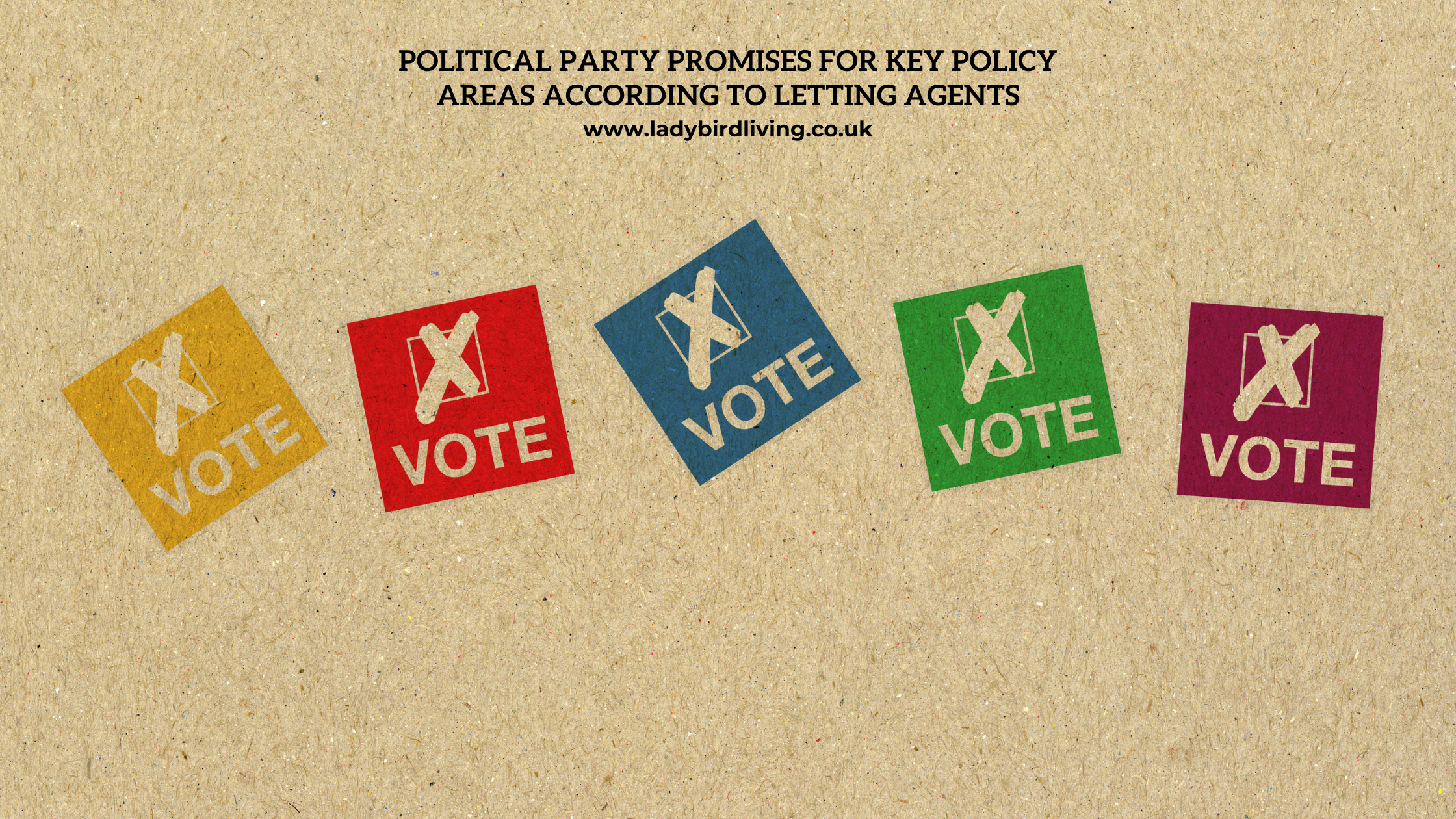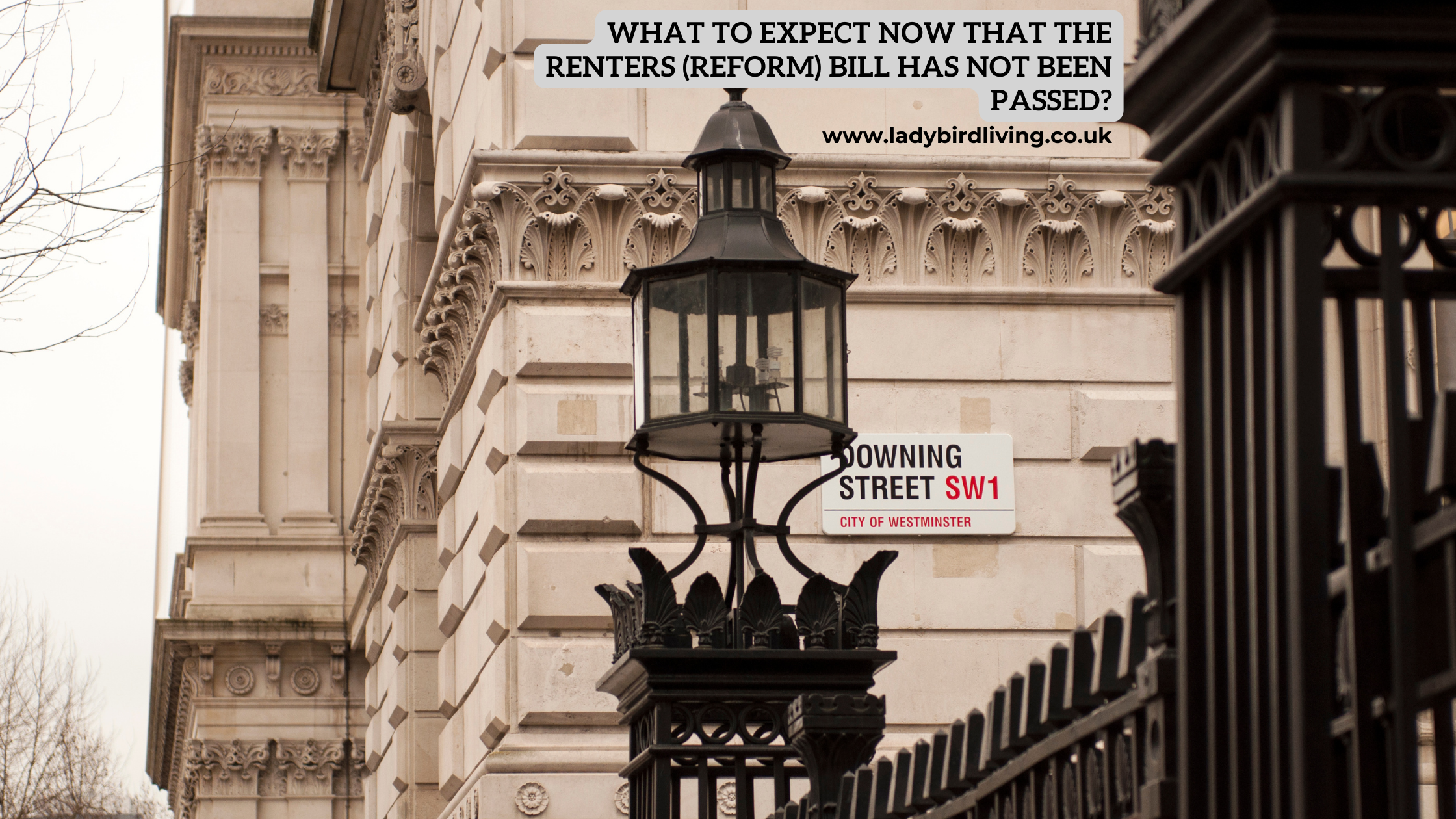
Tenant Fee Ban
Since 1 June 2019, the Tenants Fee Act made it illegal for property owners and agents in England to charge unfair additional fees (such as admin fees) to tenants when signing a new contract. The tenant fee ban has now been extended to include most existing tenancies. The types of tenancy this legislation applies to include ASTs, student accommodation, and licences. Company lets and non-assured tenancies are exempt. This blog will discuss the fees that are prohibited, the outcomes for property owners and the risk of non-compliance.
What fees are prohibited?
The Tenant Fees Act 2019 (TFA) prohibits charging fees on anything that “the tenant (or someone acting on their behalf like a guarantor or parent) is required to pay as a condition of the grant, renewal, continuance, variation, assignment, novation or termination’ of an assured shorthold tenancy or licence agreement.”
This means that most fees are banned by default under the TFA.
Examples of banned fees then would be:
- Fees related to setting up a tenancy, including referencing, inventory, and credit checks
- Cleaning services
- Professional cleaning at the end of the tenancy (England only)
- Viewing fees
- Admin charges
- Third party fees
- Gardening services
You can, however, charge for:
- Rent
- A refundable tenancy deposit (maximum five weeks’ rent, or six if the annual is £50,000 or more)
- A holding deposit (capped at one week’s rent)
- Replacing lost keys
- Any changes the tenant asks to be made to the contract (capped at £50)
- Bills, such as council tax, water, broadband, TV licence
- Ending the contract early
- Late rent payments (after 14 days, and only if written in the contract)
What are the outcomes for property owners?
Some have argued that property owners will increase the rent they charge, but this may not happen. It is likely that the outcomes for property owners would be that they would:
- Experience longer void periods as they increased rents to cover costs.
- Cut back on making improvements – this means that it would be more difficult for them to attract better-quality tenants.
- Decide to ‘self-manage’ their properties rather than use an agent.
What is the risk of non-compliance?
Property owners and agents who do not comply to the ban will have to pay an initial fine of up to £5,000. If property owners commit another breach within five years, they may be fined an additional £30,000, and may be taken to court.
T +44 (0)203 488 1488
W: https://www.ladybirdliving.co.uk/
Recent Posts






